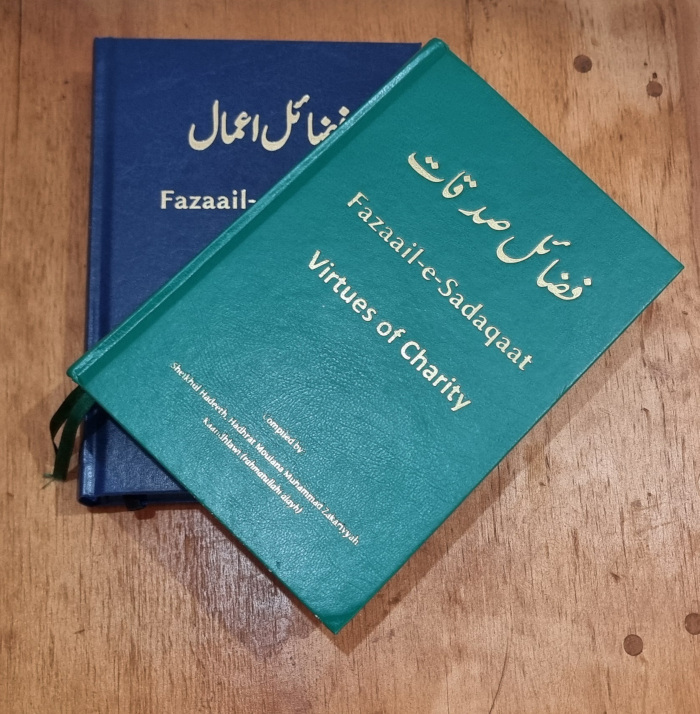
The Twelve Qualities of the True Ulama - Third Quality (Part Four)
(Continuing with the eight lessons which Hazrat Haatim Asamm [rahimahullah] learnt in the company of his Sheikh, Hazrat Shaqeeq Balkhi [rahimahullah])
(g) Relying Upon Allah Ta‘ala Alone for Sustenance
Hazrat Haatim (rahimahullah) mentioned, “I have observed that people struggle hard to earn a livelihood. In the pursuit of earning a livelihood, (at times,) they even disgrace themselves before others and use haraam ways to earn wealth. But, I have read in the Holy Qur’aan that Allah Ta‘ala says:
وَ مَا مِنۡ دَآبَّۃٍ فِی الۡاَرۡضِ اِلَّا عَلَی اللّٰہِ رِزۡقُہَا
There is no moving creature on earth, except that Allah Ta‘ala has taken full responsibility for providing it with its sustenance. (Surah Hud v. 6)
I then pondered over the fact that I am also one of the creatures that move on earth whose sustenance depends upon Allah Ta‘ala. Therefore, I have engaged my time in fulfilling that which l owe to Allah Ta‘ala, and I have freed my time from worrying about that which Allah Ta‘ala has taken the responsibility upon Himself (to provide for me).
(h) Placing Trust in the Creator, Not the Creation
Hazrat Haatim (rahimahullah) then said, “I have observed that people place their trust and reliance upon things which have been created by Allah Ta‘ala. Some people rely on their properties, some people place their trust in their businesses, and others place their confidence in their skill or profession, and yet others rely upon their own physical energy and strength (that whenever I wish, and however I wish, I will be able to rely on these things to earn wealth). In short, people place their trust on these things which are also created by Allah Ta‘ala like themselves.
“I have read in the Holy Quraan that Allah Ta‘ala says:
وَ مَنۡ یَّتَوَکَّلۡ عَلَی اللّٰہِ فَہُوَ حَسۡبُہٗ ؕ
And whosoever places his trust upon Allah, then He (Allah Ta‘ala) will be sufficient for him. (Surah Talaaq v. 3)
“Therefore, I have placed my trust and reliance upon Him alone.”
(After hearing the eight lessons which Hazrat Haatim Asamm (rahimahullah) learnt through remaining in his company for thirty-three years,) Hazrat Shaqeeq (rahimahullah) then said, “Haatim, may Allah Ta‘ala bless you with tawfeeq (i.e. may He grant you His divine assistance to continue carrying out good deeds)! I have viewed the teachings of the Torah, the Injeel, the Zaboor and the Holy Qur’aan, and I find that everything which is good and beneficial for man can be encapsulated in these eight lessons. Therefore, anyone who practices upon these eight lessons will actually be practicing upon the teachings contained in all the four divine kitaabs revealed by Allah Ta‘ala.”
After quoting this incident, Imaam Ghazaali (rahimahullah) mentioned, “In reality, these lessons can only be learnt by the Ulama of the Aakhirah (i.e. those Ulama whose main focus and concern in this world is to earn the wealth of the Hereafter). As for the Ulama of the Dunya (i.e. those Ulama whose main concern is the dunya), then they remain engaged in acquiring wealth and recognition (and hence they do not learn such deep lessons).”
(Fazaa’il-e-Sadaqaat [English] pg. 436-437, [Urdu] pg. 481-482)
 Ihyaaud Deen An Effort to Revive Deen in Totality
Ihyaaud Deen An Effort to Revive Deen in Totality



